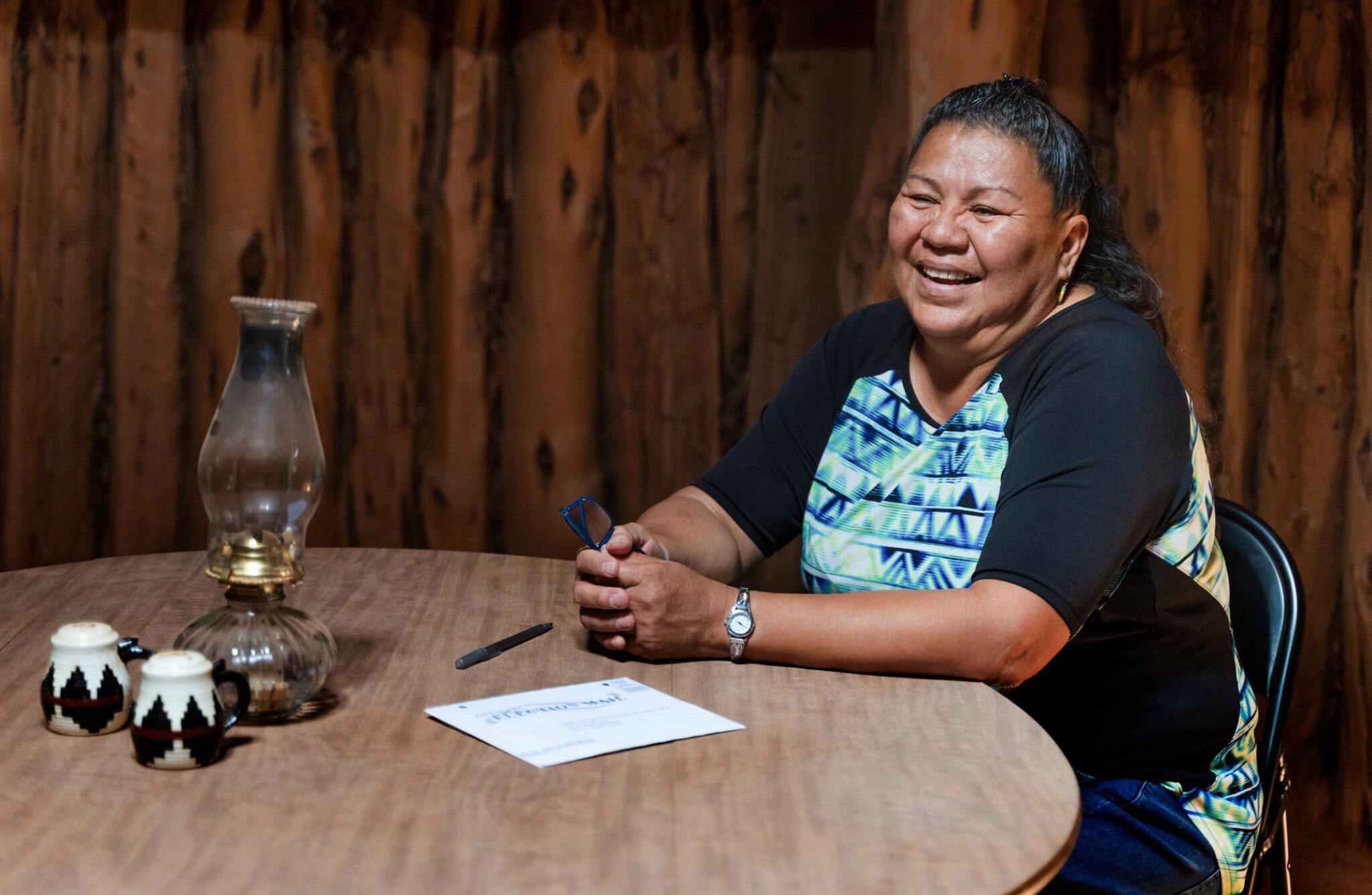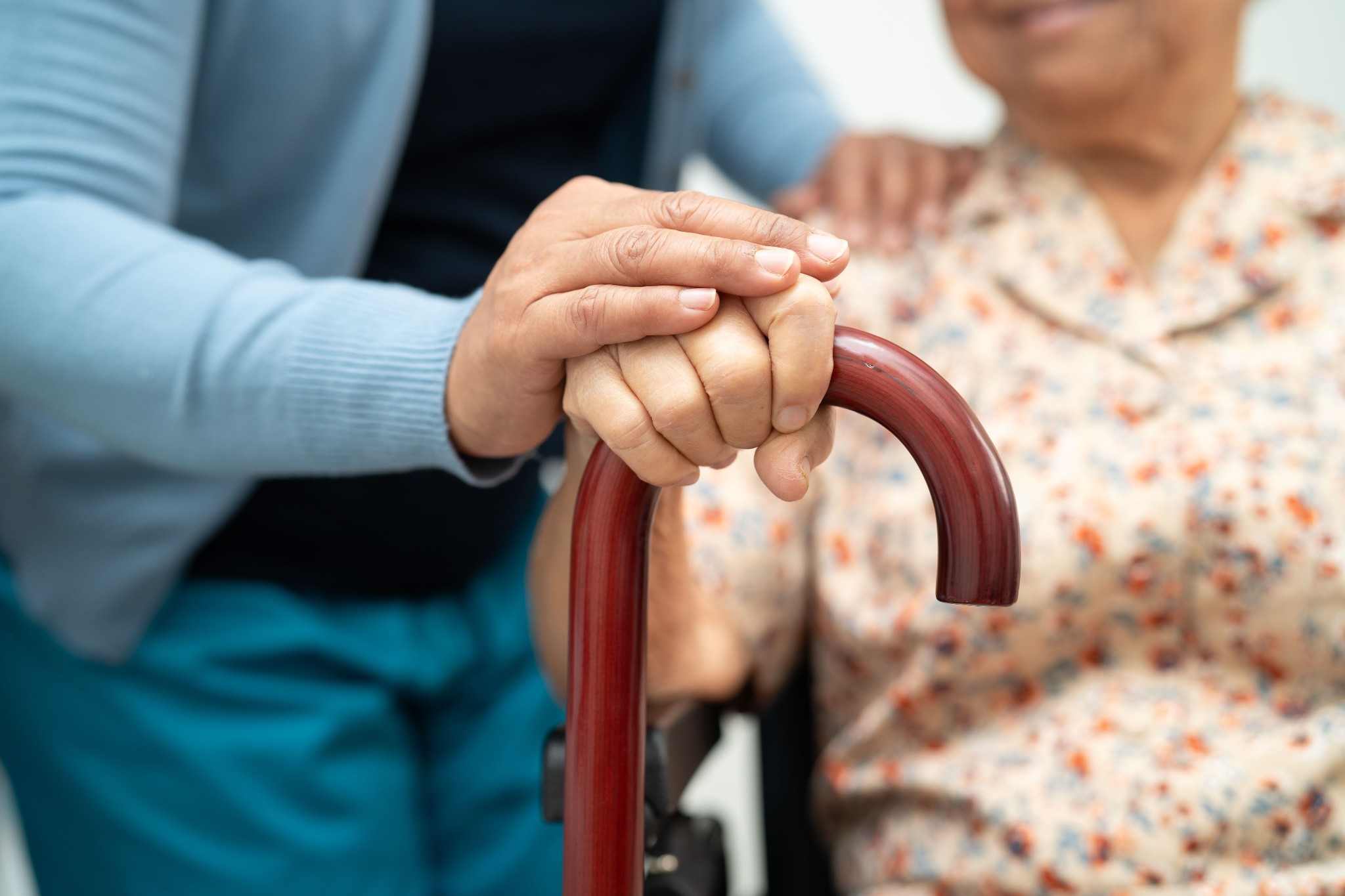
-
Caregiver Burnout: The Silent Crisis and Its Hidden Impact on Elder Care
A Glimpse into Caregiver Burnout: Megan’s Story April 21, 2025Megan is a full-time remote worker caring for her mother, Esther, who has early-onset dementia. Esther is mobile but often confused, demanding attention throughout the day. With Megan’s husband, Josh, working long hours as an electrician, Megan manages the entire caregiving responsibility often alone. Worried about elder fraud and security, Megan rarely leaves Esther alone. Meanwhile, she juggles responsibilities with her adult children and grandchildren, further stretching her emotional and physical limits.
Over time, stress builds—Megan struggles to sleep, loses patience, and begins forgetting essential tasks, including Esther’s medication schedule. One evening, overwhelmed, Megan snaps at her mother, shocking herself. This moment of frustration makes her realize that caregiver burnout is real, and if she doesn’t seek support, her own well-being and Esther’s safety are at risk.
-
Apr1Tue
The Critical Role of Documentation in Demonstrating Due Diligence and Duty of Care
April 1, 2025
This past month, I was called in as an Expert Witness for a lawsuit of abuse that occurred 50 years ago. The standard of care in the 1970s was significantly less than it is in 2025. Remarkably, the organization was able to retrieve volunteer application forms, registration records of the children enrolled in the program, policies on volunteer...
-

Elder abuse within Indigenous communities is a grave but often hidden is sue. Many elderly Indigenous individuals feel afraid or ashamed to report abuse, particularly when family members are the perpetrators. This abuse takes many forms, including spiritual, emotional, physical, sexual, and financial exploitation, all of which compound...
-
Feb24Mon
It's time to Break the Silence: Together let’s combat Elder Abuse
Do you know a senior suffering in silence? February 24, 2025
Do you know a senior suffering in silence?
Elder abuse is a silent epidemic that affects millions of older adults worldwide. It takes many forms—physical, emotional, financial, neglect, and even spiritual abuse. Often, it happens behind closed doors, making it difficult to detect and address. As a community, we have a collective responsibility...
-
I feel your pain! Twenty-five years ago, I was the Executive Director of a charity, and our insurance company notified me that they would not continue our abuse coverage as we were not meeting their requirements to qualify for coverage. I can assure you that it was not due to a claim or any historical abuse that we were aware of, but...
-
A Mother’s Reflection
Ten things I did right as a mother, Ten things I wish I had done better! May 10, 2024As I write this article, it is 6:00 a.m., and I am sitting in a guest house on the coast of Kenya. For the first time in six years our family has come together from our different corners of the world for a holiday. Here I am grandmama, and mama! Two names that I adore! Each moment with my family is precious.
The house is quiet, so I...
-
Confronting AI-Generated Child Sexual Abuse Material
Science fiction is pretty annoying. It keeps coming up with new ideas, like AI, which then become reality and change the world for everybody. In many ways, AI promises to improve our world. In others, it brings new risks and threats. Typically, when Americans think “Threats from...
-
Psychological safety in churches, charities, and businesses is of paramount importance, as it creates an environment where your people feel comfortable expressing themselves, sharing ideas, and taking risks without fear of retribution or harm. Addressing psychological safety is an important component of safeguarding children, youth, vulnerable...
-
Sep21Thu
Who is caring for whom?
Can we not learn from tragedy that other’s experience? September 21, 2023I have spent much time over the last decade considering the term Duty of Care, as it relates to safeguarding the vulnerable sector.
The concept of duty of care identifies the relationship that exists between two persons (e.g. two individuals, an individual and an organization) and establishes the obligations that one owes the other, in...
-
Members at large, also known as at-large members, typically refer to individuals who are part of the committee but do not hold specific officer positions or titles. They serve as general members and often play important roles in decision-making, oversight, and providing diverse perspectives. Given your involvement with Plan to Protect® and your desire to prevent abuse, you might find it interesting to know that members at large can play a crucial role in ensuring accountability and transparency within organizations, especially those focused on abuse prevention.




